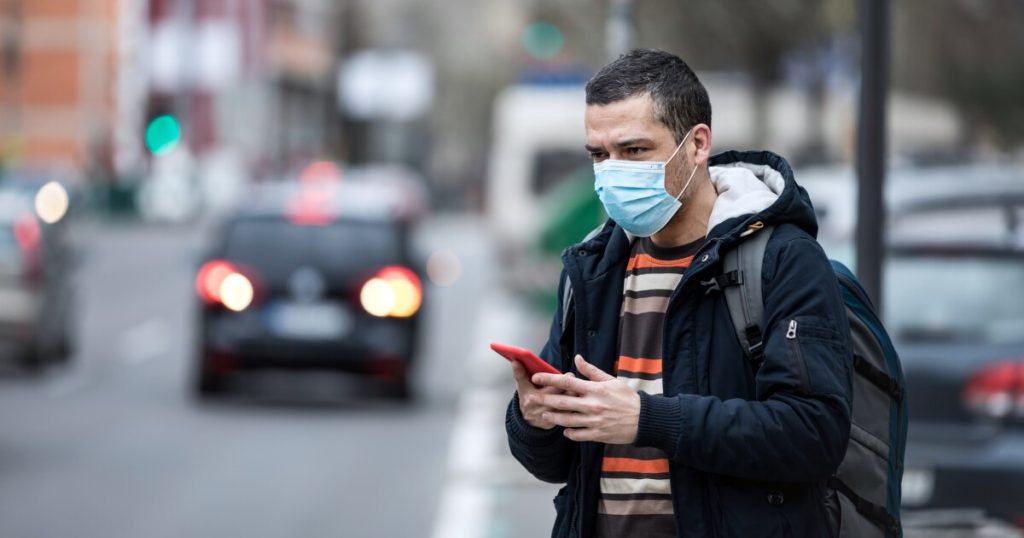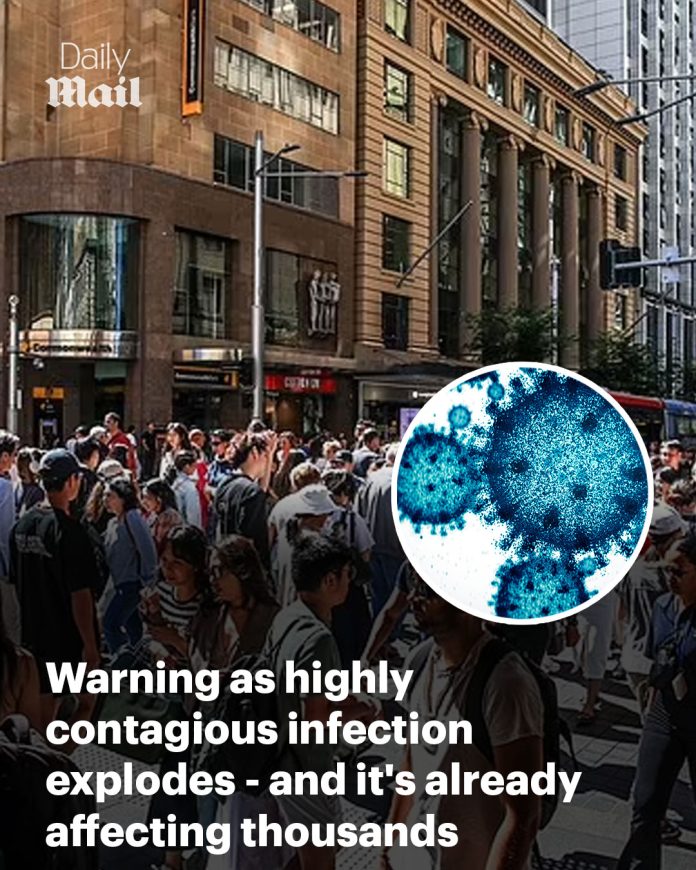Queensland is currently grappling with a significant resurgence of whooping cough, medically known as pertussis, marking one of the most severe outbreaks in recent history. As of May 2025, the state has reported 2,384 cases since the beginning of the year, a figure nearly three and a half times higher than the average for the same period in previous years. This surge follows a record-breaking 2024, during which Queensland documented 15,012 cases—surpassing the combined total of the preceding 11 years.
Whooping cough is a highly contagious respiratory disease caused by the bacterium Bordetella pertussis. It initially presents with symptoms resembling a common cold, such as a runny nose, mild fever, and cough. However, it progresses to severe coughing fits that can last for weeks or even months, often accompanied by a distinctive “whooping” sound during inhalation. The disease is particularly dangerous for infants under six months old, who are at higher risk of complications like pneumonia, brain damage, and even death.

Health experts attribute the alarming rise in cases to several interrelated factors. One significant concern is the decline in vaccination rates. In 2023, only 90.8% of one-year-olds in Queensland were vaccinated against whooping cough, down from 94.4% in 2018. Similarly, vaccination coverage among pregnant women decreased from 77.2% in 2020 to 70.7% in 2023.
Professor Paul Griffin, Director of Infectious Diseases at Mater Hospital Brisbane, emphasized the severity of the situation, stating that the current numbers are “very significant” and indicative of a disturbing trend. He highlighted that the reduction in vaccination rates, coupled with a decrease in public health practices post-COVID-19, such as hand hygiene and staying home when sick, has likely contributed to the increased transmission of the disease.
Vaccination remains the most effective method for preventing whooping cough. The vaccine is freely available under the National Immunisation Program for pregnant women and children at various developmental stages. Immunizing pregnant women is particularly crucial, as it provides passive immunity to newborns, significantly reducing their risk of contracting the disease in their first months of life.
Despite the availability of vaccines, the decline in immunization rates has raised concerns about the potential for further outbreaks. Health authorities are urging the public to ensure vaccinations are up to date, especially for vulnerable populations such as infants and pregnant women. They also recommend booster shots every ten years for adults to maintain immunity.
In response to the outbreak, Queensland Health has intensified public health campaigns to raise awareness about the importance of vaccination and early detection. They are also emphasizing the need for individuals exhibiting symptoms to seek medical attention promptly and to isolate to prevent further spread. Antibiotic treatment is most effective when administered early in the course of the disease.

Moreover, health officials are advocating for the reinstatement of preventive behaviors that were prevalent during the COVID-19 pandemic, such as regular handwashing, wearing masks in crowded places, and staying home when experiencing respiratory symptoms. These measures can significantly reduce the transmission of whooping cough and other respiratory illnesses.
The resurgence of whooping cough in Queensland serves as a stark reminder of the importance of maintaining high vaccination coverage and public health vigilance. As the state continues to navigate this outbreak, the collective efforts of healthcare providers, government agencies, and the public will be essential in curbing the spread of the disease and protecting vulnerable populations.

















